Alev Somer, Director of Trade and Environment, told the International Environmental Council on 23 October that the BIR held an internal workshop meeting on EPR in September before presenting a new position paper. Somer said that such programmes had grown from 30 in the early 1990s to 400 today and that EPR was now on the agenda of the UN, OECD and EU.
Somer shared three key messages from the BIR's draft position, which will be finalised at the World Council of Recycling Associations meeting:
EPR programmes should only be established when absolutely necessary, recognising that free and fair competition is vital to the recycling business model,
Governments should prioritise other policy instruments to increase circularity, such as legally binding targets for recycled content and design for recycling,
When an EPR programme is an absolute necessity, recyclers should be involved in management, ownership of materials should be retained by the recycling company that processes them, and tenders should be transparent and fair.
The BIR has previously published reports on the environmental benefits of recycling in 2008 and 2016, with an emphasis on metals. Somer told delegates that this time the scope will be broadened to include all commodities represented by the BIR and new elements: "We want to go beyond CO2 emissions and energy savings from recycling. "We are looking at other natural resource savings on a broader level, so we might include water consumption or transport emissions and make some comparisons between secondary and primary production," she continued. Somer said their aim is to provide more data to the BIR so that they will be in a stronger position when negotiating at a global level with the UN, OECD or EU. The report is expected to be presented at the BIR's Singapore Congress in October 2024.
The first speaker was Emmanuel Katrakis, Secretary General of EuRIC, the umbrella organisation for recyclers in the EU, who spoke about CBAM. Katrakis said CBAM aims to ensure that producers in Europe who already pay for carbon emissions are fairer when competing with those without such additional costs. "The aim is to set a carbon cap to adjust the price difference between them and other producers around the world," he said.
The second guest speaker, Adam Shaffer, Vice President of International Trade and Global Affairs at ISRI, the US recyclers' organisation, said carbon tax arrangements were not widely developed in the US. He explained that there are some aspects of carbon pricing in some east and west coast states, but there is no federal position and such a position is unlikely in the foreseeable future. Shaffer said the US wants its products to be exempted from the EU's CBAM policy and thinks there could be a potential appeal to the World Trade Organisation. He pointed out that trade in recycled materials was not directly affected.
The next BIR event will be held in Copenhagen on May 26-29, 2024.
A separate announcement will be made when the event address is confirmed.


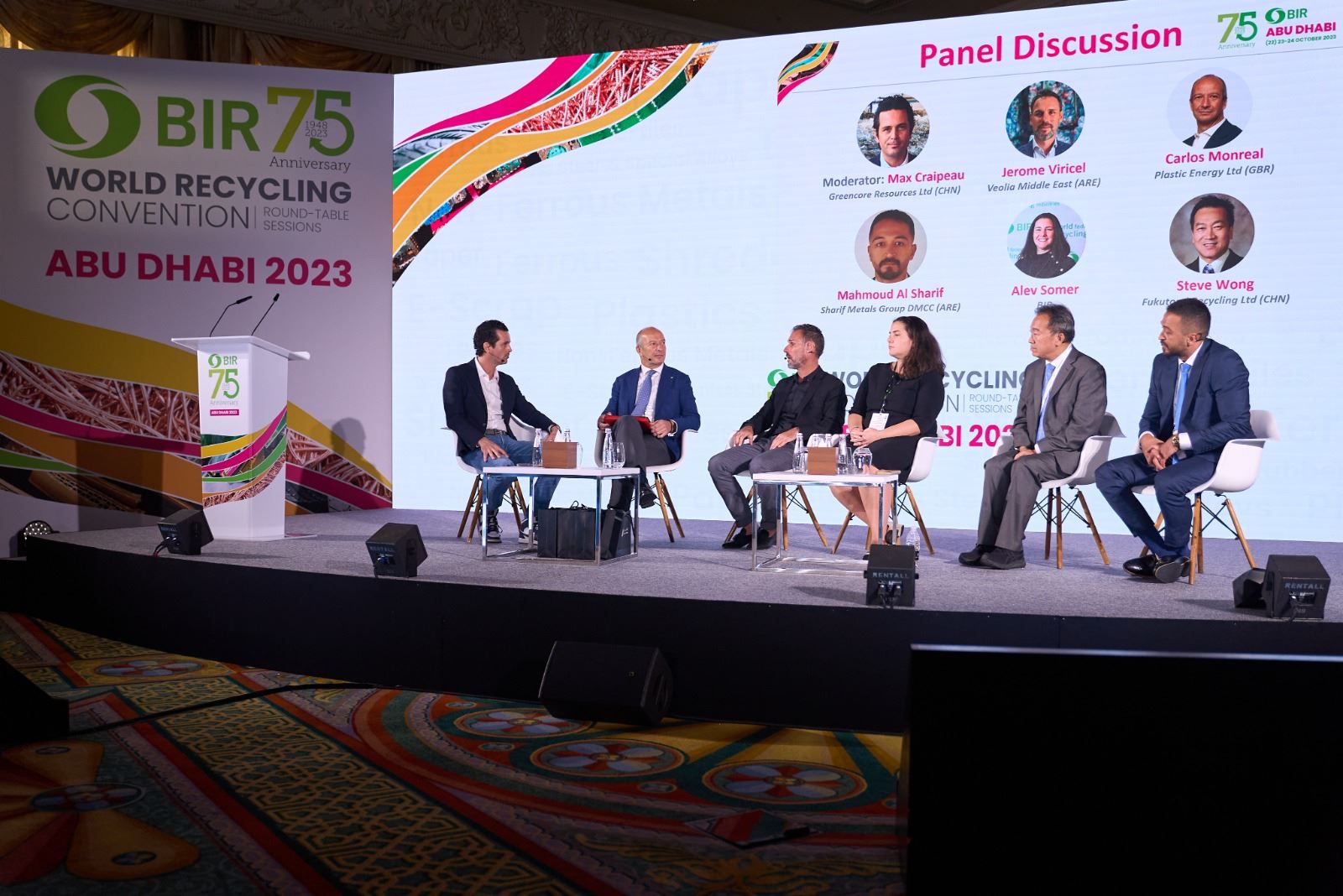

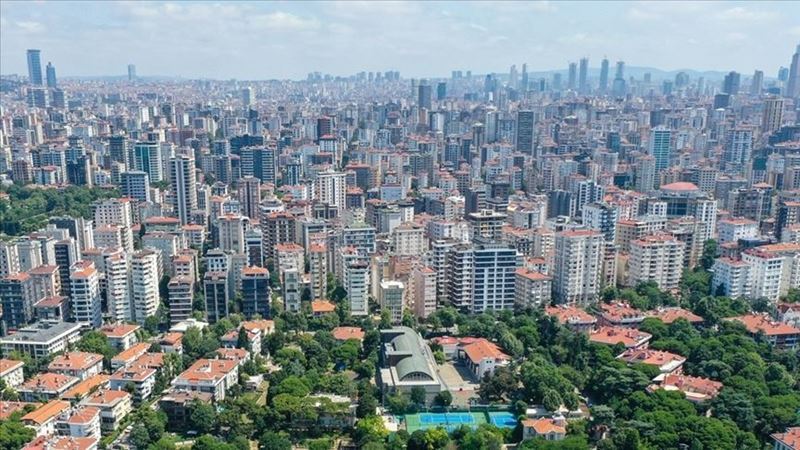
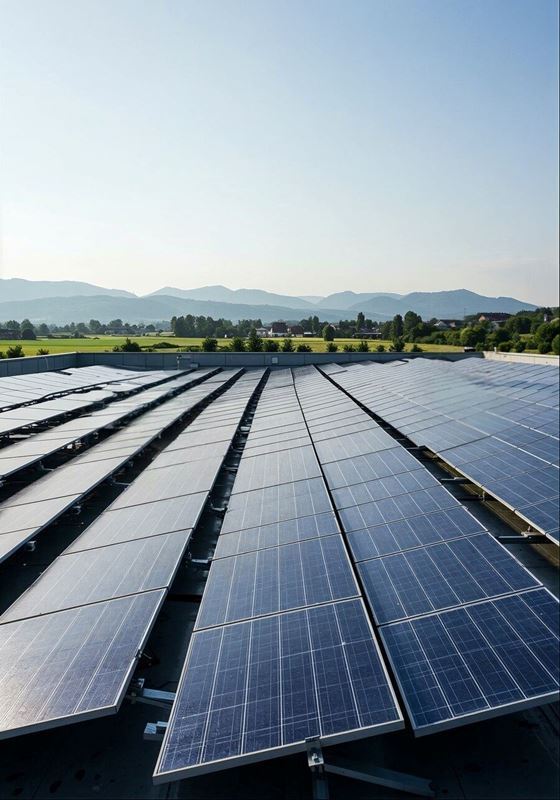
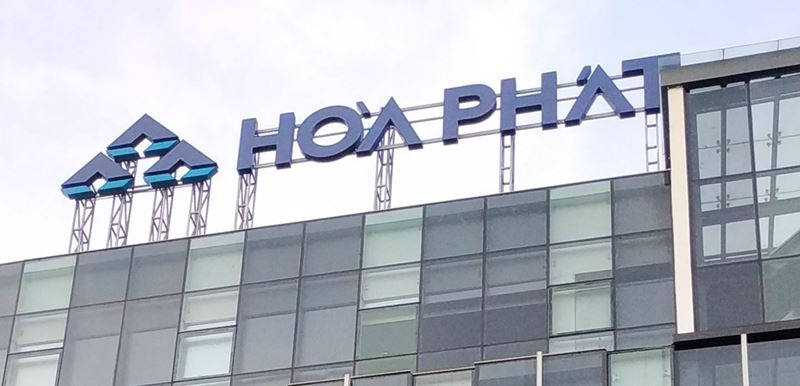
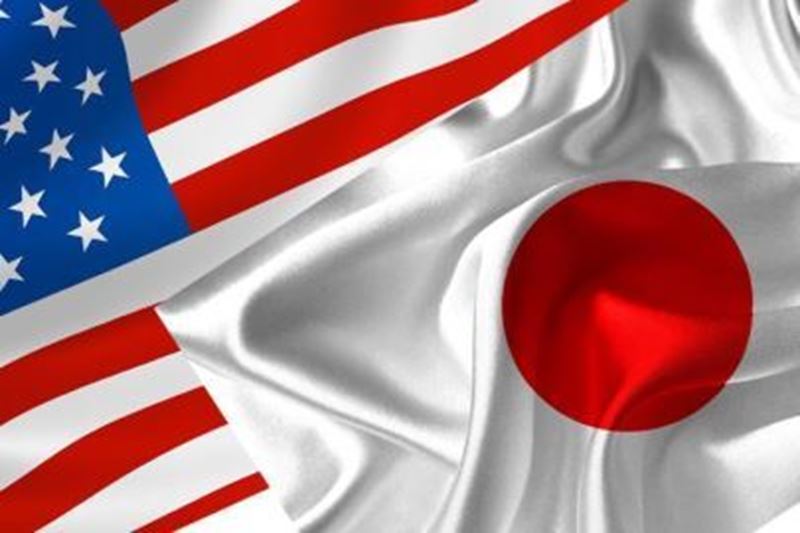
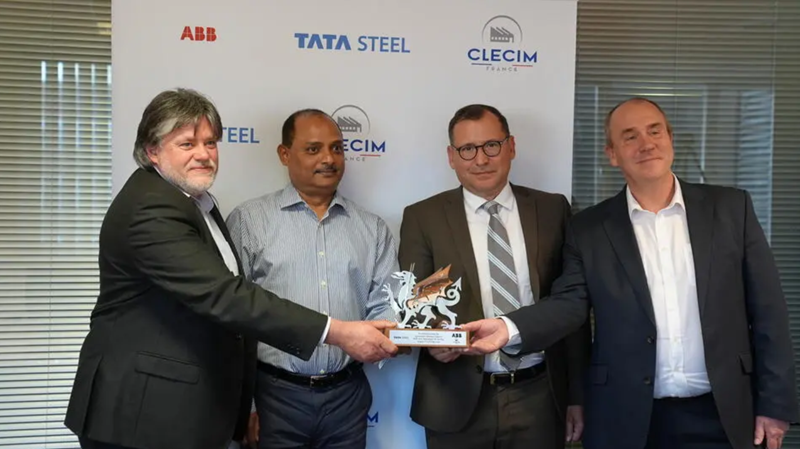


Comments
No comment yet.